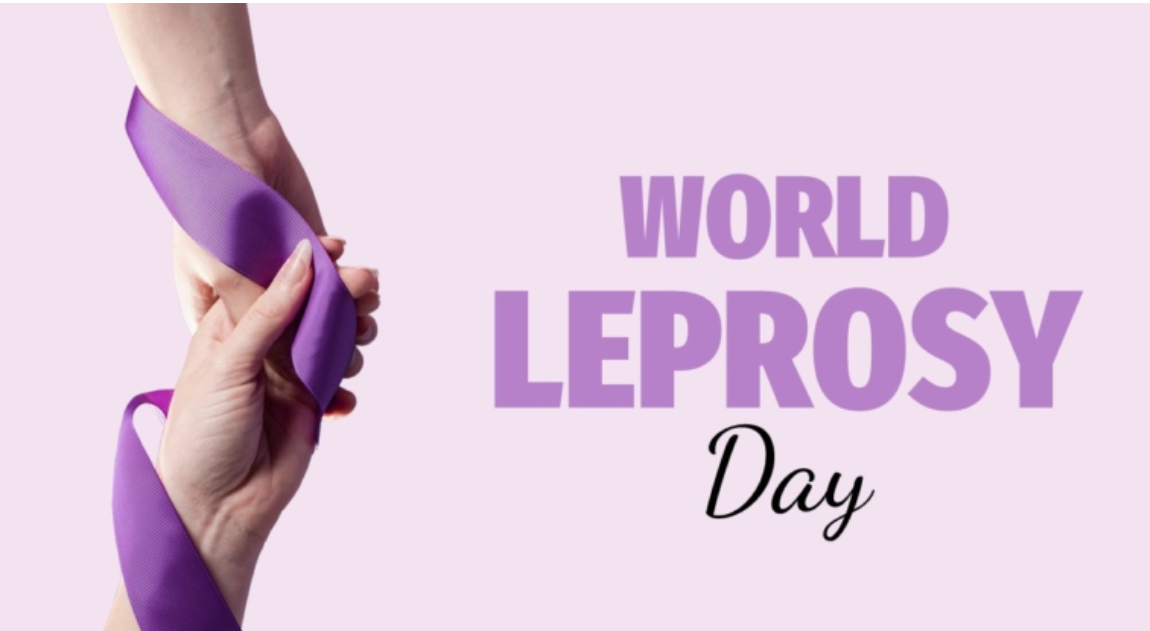Leprosy and Longevity: Unveiling the Unexpected Resilience Behind the Disease
As January rolls in, we observe World Leprosy Day, a time to reflect not only on the disease itself but on the incredible strength of those who have lived with it. Leprosy, one of the world’s oldest known diseases, has been surrounded by fear, stigma, and misunderstanding for centuries. Yet, modern medicine and shifting social attitudes have proved that a leprosy diagnosis is not a life sentence, but rather a challenge that can be met with resilience. Interestingly, research has uncovered an unexpected connection between leprosy and longevity, defying conventional ideas about the disease and its impact on life expectancy.
Understanding Leprosy: A Disease Shrouded in Stigma
Leprosy, caused by the slow-growing bacterium Mycobacterium leprae, primarily affects the skin, nerves, and mucous membranes. For centuries, the disease was wrapped in mystery and dread, leading to the isolation and ostracization of those affected. Misunderstood as highly contagious, individuals with leprosy were often sent to remote colonies, cut off from society. However, we now know that leprosy is not highly contagious—it spreads only through prolonged contact and is treatable with modern medication, specifically multidrug therapy (MDT).
A Surprising Link: Leprosy and Longevity
Despite the medical advancements, the stigma surrounding leprosy has not been so easily eradicated. Many individuals still face discrimination and social exclusion, and the disease continues to carry a heavy burden of misconception. But here’s where the story takes an unexpected turn: recent research has shown that people affected by leprosy sometimes live longer than the general population. This phenomenon has sparked curiosity, with experts looking into why individuals who’ve experienced leprosy seem to exhibit extraordinary resilience and longevity.
The Immune Advantage: A Unique Defense Mechanism
One explanation is that people who develop leprosy might have immune systems that offer protection against other diseases. Some studies suggest that these individuals have immune traits that help them fight off infections or age-related conditions. The idea is that their immune systems, having faced the challenge of leprosy, may be stronger or more adaptable, helping them live longer lives. This unique immune response could be one of the reasons why those with a history of leprosy sometimes enjoy better health and extended lifespans.
Medical Care and Long-Term Health Monitoring
Another possibility is that individuals with leprosy benefit from years of consistent medical care and monitoring. In many regions where leprosy is still prevalent, patients receive ongoing treatment and regular check-ups, which can catch other health issues early. The attention they receive for their leprosy treatment may translate into better management of other conditions, helping them maintain overall health as they age. This long-term care could contribute significantly to their longevity, offering not just physical healing but also preventive health measures.
Psychological Resilience: The Key to Longevity
Psychological resilience also plays a crucial role in longevity. Surviving leprosy is not just a physical challenge, but a deeply emotional one as well. Those affected have often had to cope with years of isolation, rejection, and societal discrimination. Overcoming these hardships requires an immense amount of inner strength, which can, in turn, foster mental resilience and contribute to a longer, healthier life.
Celebrating Leprosy Survivors: Champions of Resilience
As we celebrate World Leprosy Day, it’s important to acknowledge the courage and perseverance of those who have lived with leprosy. Many of them have not only survived the disease but thrived in spite of it. Former patients have become vocal advocates, pushing for better treatment, less stigma, and greater social acceptance for others living with the condition. Organizations like the World Health Organization (WHO) and The Leprosy Mission work relentlessly to support these individuals and to raise awareness about the disease.
The Future: Eradicating Stigma and Promoting Dignity
Looking ahead, the fight against leprosy is not just about curing the disease—it’s about promoting dignity and inclusion for those affected. Modern treatments have made leprosy a manageable condition, but the real challenge now lies in eradicating the social stigma that persists. Social integration, support networks, and access to healthcare are all crucial to ensuring that those who’ve battled leprosy can lead fulfilling and healthy lives.
A Call to Hope: Shifting the Narrative
As we commemorate World Leprosy Day, let’s shift the focus from fear and misconceptions to hope, resilience, and longevity. Living a long life isn’t just about extending the years—it’s about making those years meaningful and full of purpose. The stories of leprosy survivors prove that no matter the challenge, the human spirit is capable of extraordinary resilience, and with the right support, individuals can live long, enriching lives.







Comments